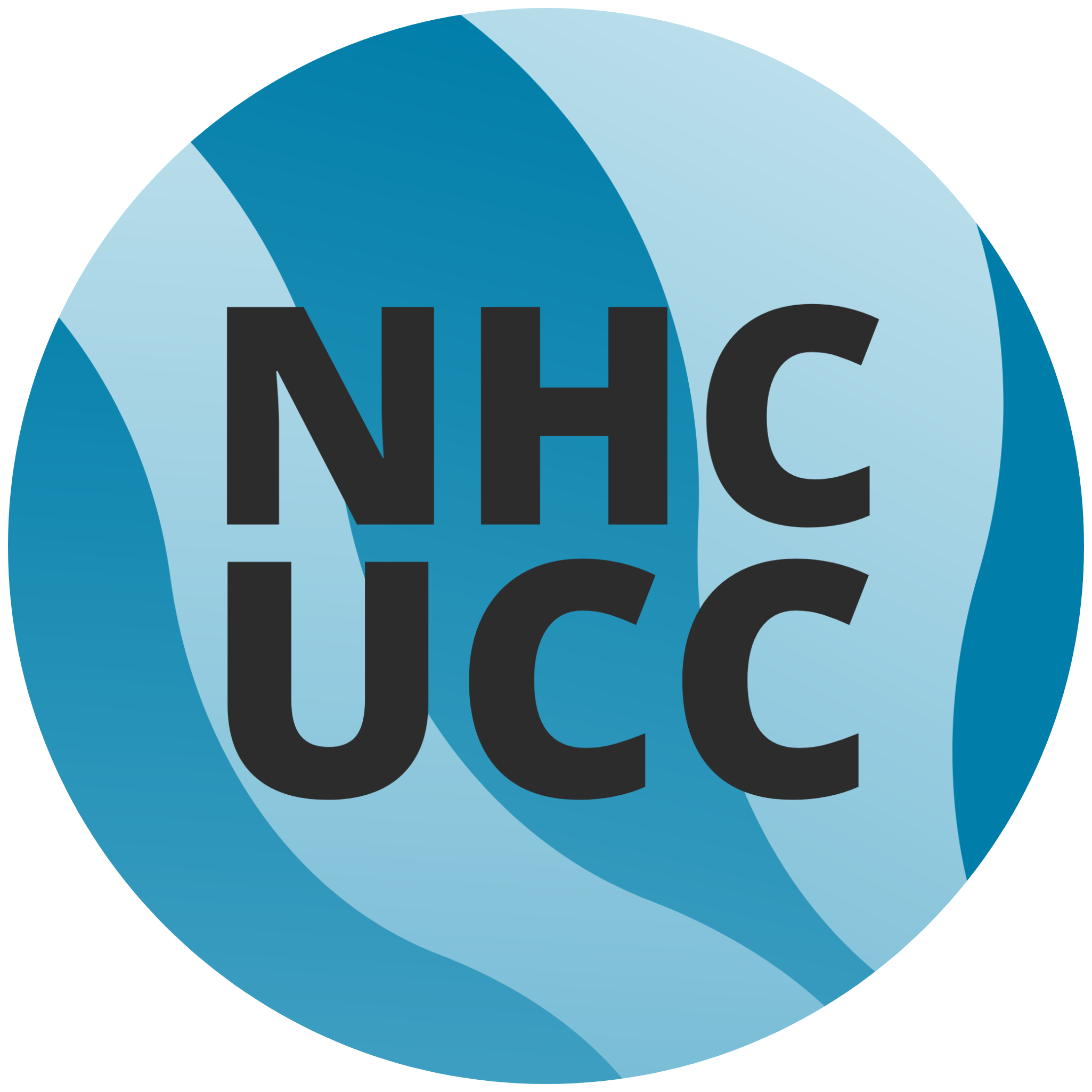April Stewardship Resources: Recession-Proof Your Congregation with a Fundraising Plan
- Webmaster
- 2 hours ago
- 2 min read
By Rev. Andrew Warner
How do we lead our churches in these “interesting times”? The uncertain and unpredictable financial news can give leaders pause. Tariffs – on, off, on, off – seem like a blinking red light. But the implications for individual congregations remain unclear even as economists and analysts foresee an increased likelihood of recession this year.
I often turn to the insights of Patrick Schmidt of FreeWill. Patrick recently led a webinar on “How to Recession-Proof Your Non-profit” (recording available here – hyperlink: https://www.nonprofits.freewill.com/resources/webinars/recession-proof-your-nonprofit-2025).
Patrick explained how economic uncertainty this spring will affect our donors. Many will experience reduced savings and investment returns because of market declines. At the same time, people will likely see increased costs. And the overall uncertainty may affect employment as businesses adjust to lost sales and increased costs.
But economic uncertainty doesn’t call us to adopt a mindset of scarcity. Patrick pointed out what happened during the Great Recession of 2008. Even amid significant job losses and stock market declines, donors continued to give. Overall, nonprofits saw a 7% giving decline in 2008 (5% for religious organizations) and 6% in 2009 (1% for religious orgs). Donors remained committed to nonprofits – especially congregations – in a troubled economy. Given the scale of economic pain in 2008, we saw across the Church a tremendous commitment to supporting congregations as much as people could.
Instead of scarcity-induced anxiety, this moment calls for strategic thinking about our fundraising efforts. Ben Winkler, chair of the Democratic Party in Wisconsin, leads an organization in a nearly evenly divided state. Reflecting on his work, he says, “Success is in the margin of effort.”
I suggest focused effort on three things this year. We can:
Engage our donors with options. Many of our households may feel an economic pinch this year. But this isn’t the time to stop asking for support. Give people choices and opportunities to donate throughout the year.
Teach our donors about tax-smart giving options. Ninety percent of donors see no tax benefit from their contributions. But many could make more tax-smart gifts if they gave through a Donor Advised Fund, appreciated stocks, or an IRA. I’ve attached a promotional email you can send to your donors. And you can learn more about this on our FreeWill site (learn more here – hyperlink: www.freewill.com/smartgiving/wisconsinucc).
Develop a planned giving program. Planned gifts provide a way for donors to make a lasting impact on your congregation. You can learn more about planned giving through the Conference resource center, where you will find a manual for church leaders (hyperlink: https://wcucc.org/planned-giving-manual/) and information on upcoming trainings, including a summer course on the Damascus Project Network called “Together for Tomorrow: Planned Giving” (hyperlink: https://thedamascusproject.org/product/together-for-tomorrow-2025/).
We may be heading into uncertain economic times, but we can be strategic in planning and preparing our church. Remember, fundraising success is in the margin of effort.
Yours in faith,
Rev. Andrew Warner
President, Wisconsin Foundation UCC
